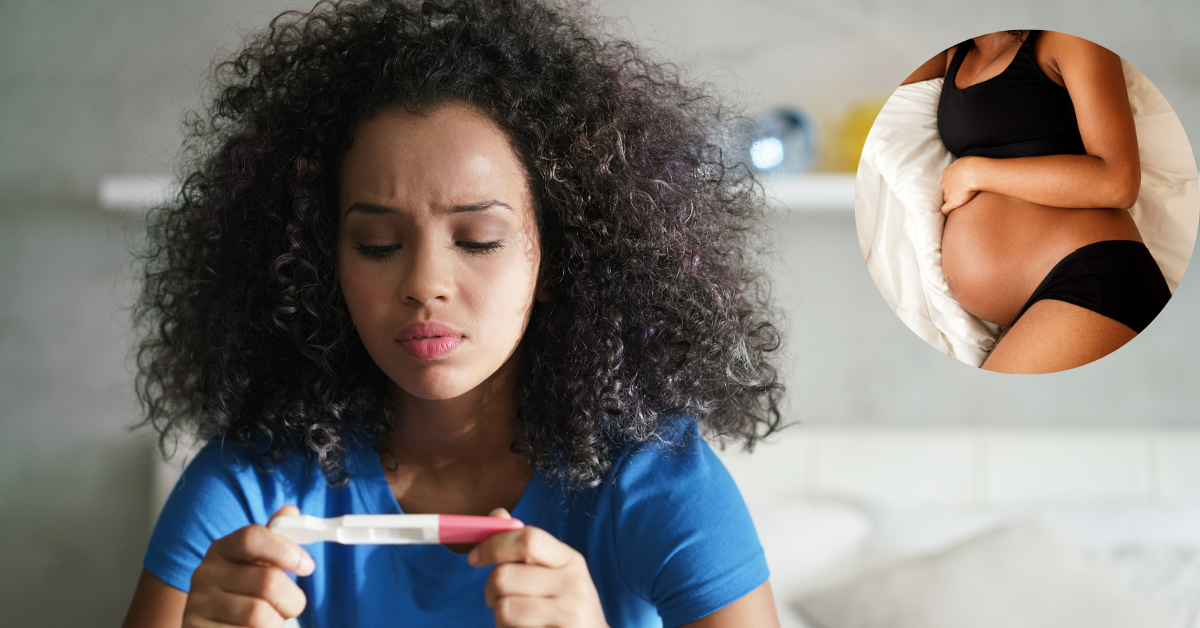Teenage Pregnancy: The True Pandemic in South Africa
January 24
South Africa is afflicted by the scourge of teenage pregnancy. For far too long, society has ignored the problem, while these incidents rise. Most girls who get pregnant never even complete their schooling, which seems to lead to a never-ending cycle. However, 18-year-old Ela Meiring, a correspondent from South Africa, believes that the matter can be tackled through proper education and a hands-on approach from all citizens.
“If adolescent pregnancy prevention is to become a priority, then our strategy, as advocates, must contain two key elements: civic engagement and education.” – Jane Fonda
As of August 2021, teenage pregnancies in South Africa, more specifically the province of Gauteng, rose by a staggering sixty per cent. While teenage pregnancies are common in the country, from time to time we are surprised by the numbers. Some girls are as young as 10 years old. In many cases, their involvement in sexual activity is, in reality, rape. Yet still, we turn a blind eye, we forget, move on, and nothing is done to curb the situation.
The Department of Education recently announced that it will provide 12-year-olds with condoms to practice safe sex and prevent early pregnancy. But really, these children should not be having sex in the first place.
I live in a farming community and, unfortunately, most girls I see are walking around with a pregnant belly and never completed their schooling. Because they have not matriculated, they are not qualified even to work in a grocery store as a cashier, so they have resorted to working in the fields.
Katrina is a 29-year-old unemployed woman living in our community and her story represents countless others, not only in the community but across South Africa. Katrina had her first child when she was 17 years old and never completed her education. She had two more children – the middle child with a different father. In South Africa, many financially struggling parents are issued with a social grant of 460-rand, the equivalent of £21 monthly. Unfortunately, Katrina uses the social grant to purchase alcohol and has neglected her children severely.
All three of her children suffer from Foetal Alcohol Syndrome. The youngest child has a hole in his heart. But in 2018, their lives changed forever – and for the better – when social services removed Katrina’s eldest child as well as her youngest from her care. They now live happily and safely with foster parents who love them dearly. Since the middle child has a different father, it is difficult to remove her from their care. That child, sadly, lives with a father who abuses her mother daily, and she sees it all at the mere age of six. Luckily, a kind woman is working hard on the case to ensure that she, too, lives in a safe environment.
In the end, Katrina went from receiving three social grants to only receiving one, and if she loses her middle child, she will have no income at all. It is a vicious cycle. Her mother had given birth to her as a teenager and of Katrina’s four sisters, all except one are teenage mothers who never completed their education and rely on social grants as their main source of income.
The child Katrina had at seventeen is currently 12 years old and is about to enter Grade 7. She has never failed any of her grades, which is a remarkable achievement in our community. She is determined to break the cycle of her ancestors and become the first in her family to attend high school in 2023. After completing matric (the final year of high school), she hopes to eventually become a teacher.
Seventy-five per cent of the youth in South Africa are unemployed and the ravaging pandemic of teenage pregnancy is one of the largest contributing factors. Last year, two girls in our community fell pregnant during their matric year; one completed her matric and the other dropped out. In the future, one could be able to provide her son with a slightly better life and a good education if she saves money from her work, but the other will have to resort to a no fee-paying local farm school, with limited resources and below standard educators.
Teenage pregnancy will be a long and hard issue to overcome, but the late Archbishop Desmond Tutu taught us that by each of us doing our little bit of good in our communities – through educating the youth on teenage pregnancy and the importance of completing their education – these small acts of goodwill can change our society and the world.
Photo Credit: Canva
About Ela Meiring:I’ve always loved writing, my best exam grades always came from essay writing. I also love children and want to give them the best start in life. Because of this, I am currently studying for my Bachelor degree in Foundation Phase Education at STADIO. I enjoy challenges and recently wrote an essay for the Queen’s Commonwealth Essay Competition for which I won a silver award.






